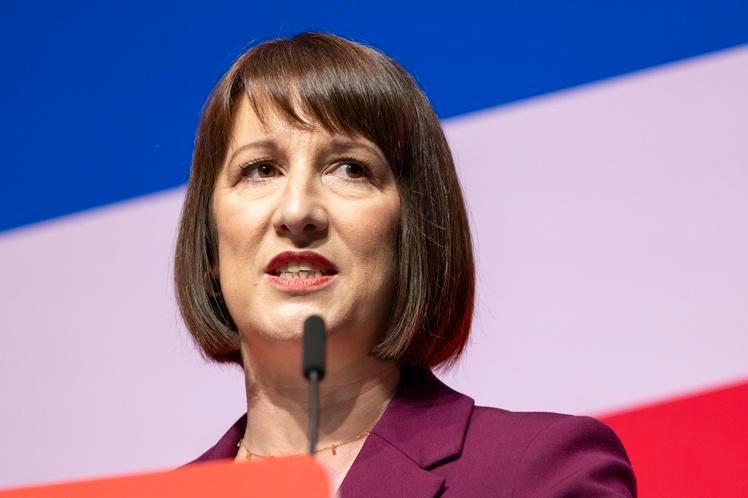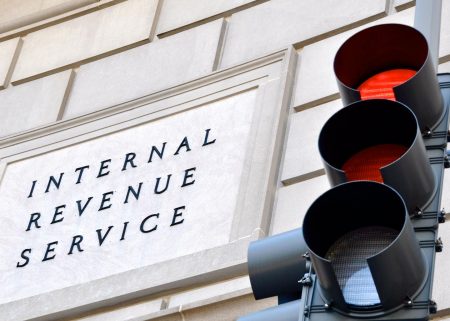The British economy faces a downgraded growth forecast amidst a wave of discontent from the business community following the Labour government’s inaugural budget. The Confederation of British Industry (CBI), a prominent employers’ group, has revised its growth projections downwards, citing the new budget measures as a key contributing factor. The CBI now anticipates a 1.6% growth rate in 2025, a notable decrease from the previously projected 1.9%. Similarly, the growth outlook for the current year has been trimmed to 0.9% from the earlier estimate of 1.0%. This downward revision reflects the widespread concern among businesses regarding the potential negative impact of the budget on their operations and the broader economic landscape. The CBI’s chief economist, Louise Hellem, highlighted the increased costs businesses are expected to face due to the new measures, particularly at a time when profit margins are already strained. This added financial burden, according to Hellem, will likely translate into higher prices for consumers and negatively impact both hiring and investment plans, further dampening economic activity.
The core of the business community’s grievances lies in the significant tax increases introduced by Finance Minister Rachel Reeves, the largest in three decades. Reeves justified these increases by pointing to a substantial fiscal “black hole” allegedly inherited from the previous Conservative government, a claim disputed by the Conservatives and other sources. This fiscal challenge, according to Reeves, necessitates significant revenue generation to stabilize the nation’s finances. However, the nature and scale of the tax hikes have ignited controversy, particularly in light of the Labour Party’s pre-election pledge to avoid increases in income tax, National Insurance, or Value Added Tax (VAT) – the government’s primary revenue streams. This apparent reversal of electoral promises has further fueled the discontent within the business sector, contributing to a sense of betrayal and uncertainty about the government’s economic strategy.
The most contentious aspect of the budget is the increase in National Insurance contributions. The rate paid by employers is set to rise from 13.8% to 15% starting in April of next year, accompanied by a lowering of the threshold at which employers begin paying National Insurance on employee earnings, from £9,100 to £5,000 annually. This two-pronged approach significantly increases the cost burden for businesses, forcing them to grapple with higher expenses for employing their workforce. Businesses argue that these increased costs will inevitably be passed on to consumers through higher prices and potentially lead to job cuts to offset the added financial strain. This cascading effect has raised concerns about the potential for inflationary pressures and a slowdown in employment growth, both of which could negatively impact the overall economic performance.
The CBI’s findings are further corroborated by a survey conducted by the Bank of England. A significant majority of companies surveyed, 54%, indicated their intention to raise prices in response to the budget, while an equal proportion anticipated a reduction in their workforce. Furthermore, 38% of respondents expected to offer lower wages than they would have in the absence of the budget measures. This widespread anticipation of price hikes and job cuts underscores the pervasive concern among businesses about the budget’s potential to destabilize the economy. The Bank of England’s survey paints a stark picture of the economic challenges ahead, with businesses bracing for a period of increased costs, reduced profitability, and potentially shrinking employment opportunities.
Adding to the chorus of disapproval, prominent figures in the business world have publicly criticized the budget’s potential impact. British billionaire James Dyson, for instance, has characterized the budget as an “egregious act of self-harm” to the economy. Dyson argues that the combined impact of the National Insurance increase and changes to inheritance tax on family businesses will stifle entrepreneurship, hinder wealth creation, and ultimately stunt economic growth. This vocal criticism from influential business leaders adds further weight to the concerns raised by the CBI and the Bank of England, highlighting the widespread apprehension about the government’s economic strategy. The perception that the budget discourages investment and growth further exacerbates the negative sentiment within the business community.
The negative response from the business community highlights the delicate balance the government must strike between fiscal responsibility and supporting economic growth. While the stated aim of the budget is to address the perceived fiscal deficit, the measures introduced have sparked significant concerns about their potential to stifle business activity, increase prices, and negatively impact employment. The CBI’s downgraded growth forecast, coupled with the Bank of England’s survey results and the vocal criticism from business leaders, underscores the need for a careful reassessment of the budget’s potential consequences. The government’s challenge lies in finding a path that addresses the fiscal challenges without unduly burdening businesses and hindering the long-term prospects of the British economy. This delicate balancing act requires open dialogue with the business community to understand their concerns and explore potential adjustments to mitigate the negative impacts of the budget measures while achieving the desired fiscal outcomes.










